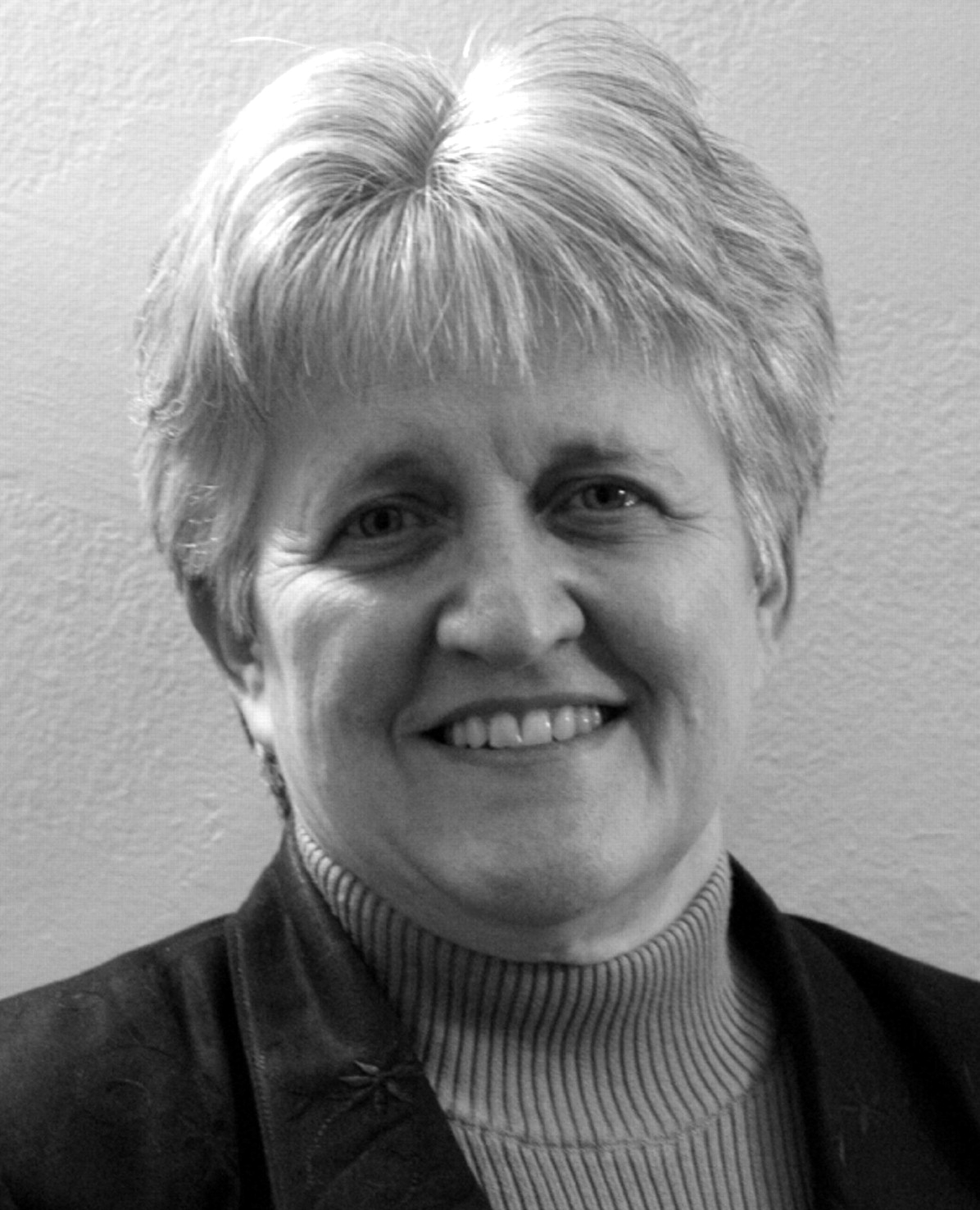As your trustee-at-large, I will work to strengthen APA as the major voice of psychiatry for our profession and our patients. We are all involved in this difficult and changing time in health care, when the role of psychiatrists and the needs of our patients are vulnerable to a wide variety of social and financial pressures. While there is much APA can and should do, my six years' experience on the Board as Area 2 trustee has led me to emphasize three tasks: advocate, educate, and self examine.
APA must remain the strongest advocate for access to treatment for our diverse patients, for the unique role of psychiatrists in the care of our patients and the fair and equitable payment for the care we provide. We must prioritize our funds and our activities and mobilize our strongest resource, our members, to participate in this advocacy.
As a legislative representative from my district branch since 1989, I have advocated directly in New York City, New York state, and Washington, D.C., for patient rights, parity, true Medicaid reform, expansion of state hospital beds, privacy, prevention of psychologist prescribing, increased research funding, and full access to quality care that is well funded for our patients in both the public and private sectors. I have hosted legislative brunches and joined in fundraisers for legislators who know and work for our goals. Our advocacy can take many forms, as educators, as partners with NAMI and Mental Health America, at our place of work, and as voices in the public media. We must mobilize our members to be active advocates whenever they can.
Also, APA must continue to increase its direct support in both expertise and dollars for our district branch and state associations to be our frontline advocates.
To educate also takes many forms, and APA must continue to grow as an effective educator for our members, our patients, and the public. As a member of the Board Membership Task Force, I supported the need to mentor new psychiatrists, to recruit adiverse membership, to educate MITs on advocacy issues and the value of APA, and to educate members, residents, and medical students on the issues facing psychiatry today. For the public, APA needs to expand and grow its creative communications, like the Healthy Minds, Healthy Lives campaign.
APA also needs to take the lead with our medical colleagues in primary care to work together in identifying and treating patients with mental illness. This is an effective way to fight psychologist prescribing and psychiatrist shortages. I have had the experience of establishing joint depression screening and treatment services in primary care. APA is uniquely positioned to spearhead this work.
APA also needs to continue to self examine. APA is currently embarking on the major work of DSM-V. This work will guide diagnosis and therefore treatment for decades. As a member of the Board, I worked with the other Board members to ensure not only scientific representation on the DSM Steering Committee and work groups, but also breadth of clinical expertise, as well as expertise that reflects the diversity of cultures, ethnicities, and sexual orientations of our patients. Equally important is the need to protect the DSM from undue influence of the pharmaceutical and health industry in its development. As a member of the Task Force to Review DSM-V Disclosures and Interests, I have worked to ensure that participants follow guidelines developed by the Board to ensure the integrity of the process. APA also needs to involve members in a dialogue about our relationship to industry and to face this difficult issue for the future.
APA must remain financially healthy to accomplish these tasks, and I have supported funding our reserves and conservative investments. In governance, I support increased influence by the Assembly, as it is the broad and active representation of our membership, as well as increased diversity in our governance.
In summary, APA needs to advocate, educate, and self examine. I will be honored to represent you in this process as your elected trustee-at-large.
Primary Professional Activities And Sources of Income
Professional Activities
•.
100%—Senior vice president, Queens Health Network, Elmhurst and Queens Hospital Centers
Income
•.
100%—New York City Health and Hospitals Corporation

